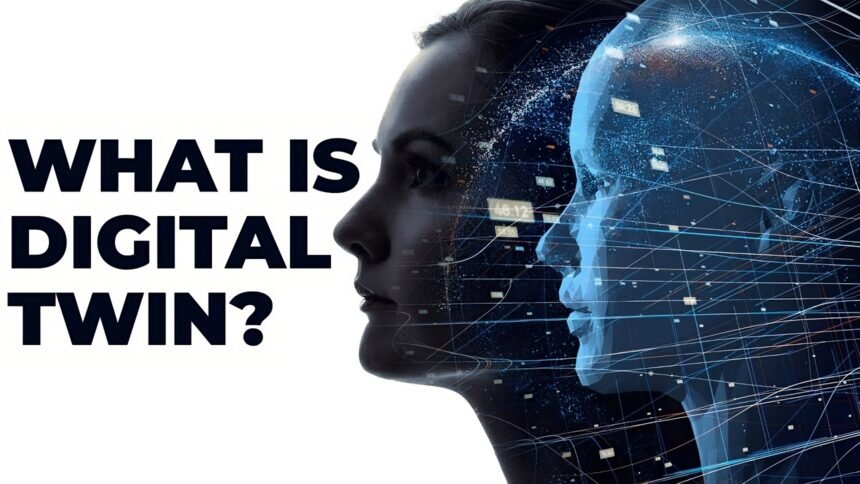Digital copies/twins refer to the replication of digital files such as music, videos, images, and documents. These copies can be made through a variety of means, including copying and pasting, downloading, and scanning. Digital twins can be exact replicas of the original files, or they can be modified versions. The ease of creating digital copies has led to the widespread availability of digital content, but it has also caused issues with copyright infringement and illegal sharing of copyrighted material. Digital rights management (DRM) technologies have been developed to try to control the distribution of digital copies, but the effectiveness of these technologies is still debated.
Additionally, digital twins can also help with the preservation of original works, and make them easily accessible to a broader audience. Furthermore, digital twins can also be used as a backup for personal or business use to ensure that data is not lost in case of any failure or disaster.
Do digital twins pose a threat to the NFT business?
Digital twins can pose a threat to the non-fungible token (NFT) business because they make it easy for people to duplicate and distribute digital assets without permission. NFTs are unique digital assets that are stored on a blockchain, and they are often used to represent digital art, collectibles, and other types of digital content. Because NFTs are unique and cannot be replicated, they are often perceived as more valuable than digital copies.
However, if the digital twins of NFTs are easily made and distributed, it can undermine the value of the NFTs and make them less desirable to collectors and investors. This is because digital copies can be easily replicated and shared, making it harder to prove the authenticity of the original NFT, and reducing the perceived value of the NFT. Additionally, the ease of creating digital copies also makes it difficult for NFT creators and sellers to control the distribution and use of their digital assets. This can lead to a loss of revenue for the creators and sellers and can also lead to the devaluation of the NFTs.
However, it’s worth noting that NFTs are not just about digital copies, but also about ownership, provenance, and authenticity. They are a way of creating scarcity and uniqueness, and therefore, they can still have value even if digital copies exist.
Overall, digital copies can pose a threat to the NFT business, but with the appropriate measures, such as the use of smart contracts, blockchain technology, and DRM, NFTs can still maintain their value and authenticity.
For more such content, keep reading @techinnews



